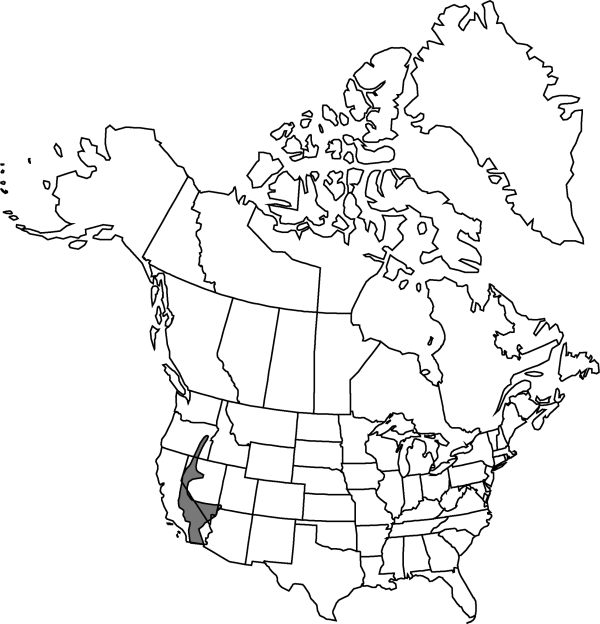Difference between revisions of "Mirabilis laevis var. retrorsa"
Man. Fl. Pl. Calif., 340. 1923.
FNA>Volume Importer |
imported>Volume Importer |
||
| (One intermediate revision by the same user not shown) | |||
| Line 63: | Line 63: | ||
|publication year=1923 | |publication year=1923 | ||
|special status= | |special status= | ||
| − | |source xml=https:// | + | |source xml=https://bitbucket.org/aafc-mbb/fna-data-curation/src/2e0870ddd59836b60bcf96646a41e87ea5a5943a/coarse_grained_fna_xml/V4/V4_93.xml |
|genus=Mirabilis | |genus=Mirabilis | ||
|section=Mirabilis sect. Oxybaphoides | |section=Mirabilis sect. Oxybaphoides | ||
Latest revision as of 22:01, 5 November 2020
Stems usually many, clumped, often glabrous or glabrate basally, sparsely to densely retrorse-puberulent distally. Leaf blades 0.5–3.5 × 1–3.5 cm. Inflorescences cymose, usually broad; branches ± equal throughout; involucres 5–7 mm; bracts 60–70% connate, lobes ovate-triangular orovate-oblong, base often 70–100% of height, apex obtuse or acute. Flowers: perianth usually white, (rarely white tinged with pink at base, or pale pink). Fruits gray-brown, dark charcoal brown, often dark mottled, often faintly marked with 10 paler longitudinal lines, ellipsoid, obovoid, or almost spheric, occasionally wider than long, 3.5–5 × 2.6–4 mm. 2n = 62, 64, 66.
Phenology: Flowering late winter and spring, most vigorously in spring, occasionally in summer.
Habitat: Desert brushlands, banks
Elevation: 100-2000 m
Distribution

Ariz., Calif., Nev., Oreg., Utah, Mexico (Baja California).
Discussion
Selected References
None.